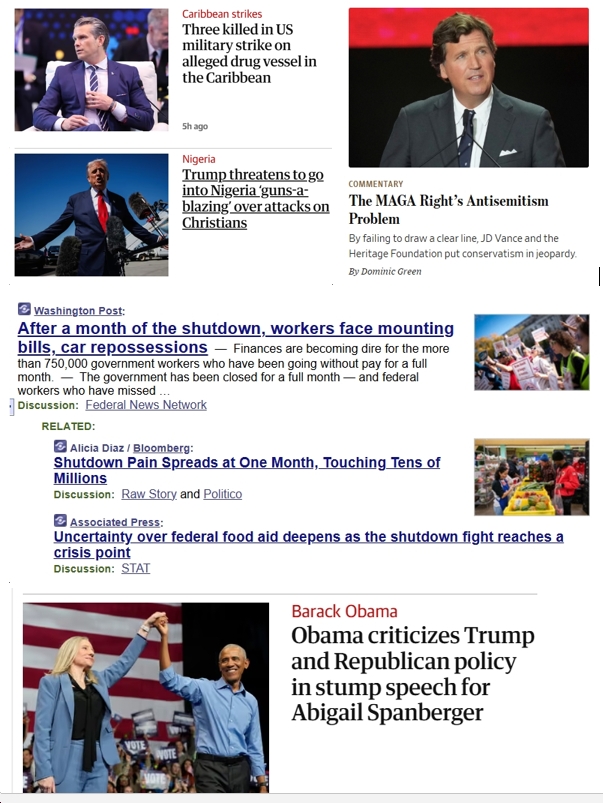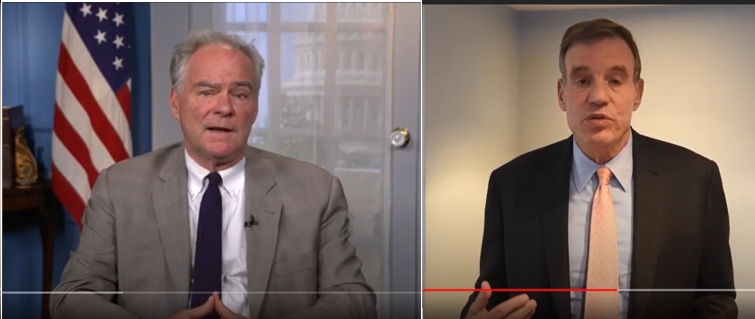From The Healthcare for All Virginians Coalition (HAV Coalition), a coalition of organizations dedicated to making Virginia a leader in offering affordable, accessible, and quality health coverage options to everyone who lives in the commonwealth.
Health Care Coalition Applauds New Health Policies Taking Effect in Virginia
Key health care policies will go into effect July 1, 2021. Some already have.
RICHMOND, VA — The Healthcare for All Virginians (HAV) Coalition—a collective of organizations advocating for access to quality, affordable health care for everyone in the commonwealth—recently hosted a press conference to raise awareness of new health care policies through Virginia’s Medicaid program and Children’s Health Insurance Program (CHIP) that recently took effect or will go into effect July 1. The policy changes are expected to help address several long-standing barriers to coverage for communities of color, immigrant families, and people with low and moderate incomes in Virginia.
The new Medicaid/CHIP policies include adding an adult dental benefit, funding doula services for mothers, extending postpartum coverage from 60 days to 12 months, and removing key barriers to health coverage for immigrants.
For years, Virginia has been one of just six states to maintain a barrier to Medicaid coverage for immigrants with “lawful permanent resident” status, called the “40-quarter rule.” The rule demands proof of 10 years, or 40 quarters, of employment in the U.S. in order for lawful permanent residents to qualify for Medicaid—double the federal waiting period of five years. After a years-long call from advocates, language to end the 40-quarter rule in Virginia went into effect on April 1, 2021.
“The ending of the 40-quarter rule has opened the door to Medicaid for thousands of immigrant Virginians. It is a huge step forward in helping ensure that all Virginians have access to quality and comprehensive medical and dental coverage,” said Deepak Madala, Director of Enroll Virginia! at the Virginia Poverty Law Center.
Undocumented mothers have also lacked access to prenatal coverage through Virginia’s CHIP program—also known as FAMIS—due to their immigration status.
“Access to affordable and quality health coverage is the foundation of building strong and thriving communities. This means that every Virginian should have access to health coverage, no matter their citizenship status,” stated Kenneth Gilliam, who is the Policy Director at New Virginia Majority, one of the organizations that advocated for lawmakers to eliminate this barrier. During the 2021 legislative session, the General Assembly voted to open access to prenatal coverage, regardless of immigration status. This new provision will take effect July 1, 2021.
Kenneth continued, “We applaud the administration and the legislature for extending Medicaid and FAMIS MOMS prenatal coverage to undocumented individuals who meet all other non-immigration eligibility criteria. This is a significant step forward in advancing health and racial equity and building on our progress to remove barriers to health coverage for Virginia families.”
In addition to expanding access to prenatal coverage, the General Assembly passed important measures that will help to improve maternal health outcomes, particularly for people of color. Black mothers in Virginia are three times more likely to die due to pregnancy-related complications than white mothers. Research shows that doula services help to improve health outcomes for mothers and infants. During the 2021 session, lawmakers approved reimbursements for doula services through Medicaid.
“I was extremely proud of Virginia for setting the bar because once that reimbursement rolls out and people see it, hopefully other states will follow suit and research the benefits of doula services like we did,” said Kenda Sutton-El, a Birth Justice & Maternal Health Advocate with Birth in Color RVA.
While proper care during pregnancy and childbirth are crucial, mothers can experience serious health problems after birth for far longer than the 60-day postpartum period that is currently covered by Virginia’s Medicaid program. In response, the state has submitted an application to the federal government to extend FAMIS MOMS postpartum coverage from 60 days to up to 12 months.
“The fourth trimester of pregnancy is the postpartum period,” said Sutton-El. “We have to make sure we’re watching what’s happening to moms during that time, monitoring their health, and getting them the care they need. If moms don’t have health coverage, then they won’t have that necessary care. We are hopeful that Virginia’s application to extend postpartum coverage will be approved.”
Finally, advocacy organization Virginia Health Catalyst led the push for a dental benefit for adults enrolled in the state’s Medicaid program, which was approved during Virginia’s 2020 legislative session. Due to budgetary concerns surrounding the economic downturn last year, the state stalled implementing this new benefit, which will now go into effect on July 1.
“Oral health plays a critical role in overall health, from a person’s ability to manage chronic conditions to improving birth outcomes,” said Sarah Holland, Virginia Health Catalyst CEO. “This new dental coverage for Medicaid adults means hundreds of thousands of Virginians can access affordable, comprehensive dental services, and it moves the commonwealth one step closer to an integrated, equitable health care system.”
Over the last year, COVID-19 has disproportionately harmed communities of color, immigrant families, and people with low and moderate incomes in Virginia. This both highlights and results from unequal access to quality health care—a problem that existed well before the pandemic.
“While we applaud these changes, we also want to acknowledge ongoing inequities in health coverage and access for people of color, immigrants, and families with low and moderate incomes in the commonwealth,” said Freddy Mejia from The Commonwealth Institute, a policy research and advocacy organization. “Black, Latinx, and American Indian people in Virginia are more likely to not have health coverage compared to the state average, with Latinx people being 3 times more likely to lack coverage.”
Still, Mejia stressed, “While the work to achieve equitable health care in Virginia isn’t over, we are so excited to see these improvements in health care access and services go into effect. These policies are the outcome of so much work from organizations and advocates across the state.”
###
The Healthcare for All Virginians Coalition (HAV Coalition) is a coalition of organizations dedicated to making Virginia a leader in offering affordable, accessible, and quality health coverage options to everyone who lives in the commonwealth.





![[UPDATED: VA Senate Dems Pass $15/Hour Minimum Wage Bill] VA House Democrats Pass Top Priority, Paid Sick Leave](https://bluevirginia.us/wp-content/uploads/2026/02/housedemspaidsick.jpg)












